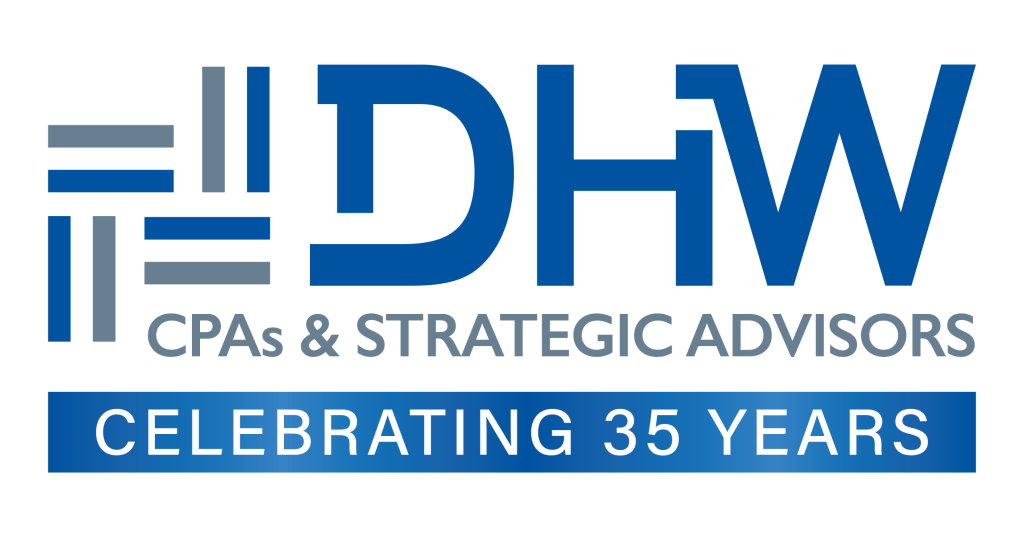In November of 2023, the US Department of Labor’s Employee Benefits Security Administration (EBSA) released a report, Audit Quality Study, which is an evaluation of the audit work carried out by independent public accountants on employee benefit plans that are required by the Employee Retirement Income Security Act (ERISA) for the 2020 filing year (covering plans beginning in 2020). This report examines the year preceding the implementation of the new Statement on Auditing Standards (SAS) No. 136, Forming an Opinion and Reporting on Financial Statements of Employee Benefit Plans Subject to ERISA. The aim is to allow a comparison between this assessment and previous ones before the new standard was implemented. Here are the main highlights from the assessment:
- Decrease in Deficiency Rate: Out of the 307 plan audits reviewed, 30% exhibited one or more major deficiencies concerning compliance with generally accepted auditing standards. This marks the lowest deficiency rate since 2004, which stood at 33%. The 2015 assessment, the most recent prior to this one, had a high deficiency rate of 39%.
- Correlation between Number of Plans Audited and Quality: The quality of audits still shows a correlation with the number of plans audited by a firm. Firms performing 5 or fewer audits per year had significantly more deficiencies than those firms performing more than 5 per year. The study also showed the number of firms completing employee benefit plan audits decreased.
- Impact of AICPA’s Employee Benefit Plan Audit Quality Center Membership: Audit firms affiliated with the AICPA’s Employee Benefit Plan Audit Quality Center demonstrated significantly lower deficiency rates (30%) compared to non-member firms (71%).
- Audit Areas with Most Deficiencies: The assessment identified participant data (15.6%), contributions received and receivable (15.3%), and benefit payments (9.4%) as the audit areas with the highest deficiency rates, which are specific to employee benefit plan audits.
Although the 30% deficiency rate represents an improvement from previous assessments, it remains higher than preferred by the EBSA, whose aim is to safeguard plan participants and beneficiaries. Selecting a competent audit firm is crucial for plan administrators, as ERISA mandates their responsibility to choose on behalf of the plan’s participants and beneficiaries.
Factors such as the volume of plans audited and membership in the AICPA’s Employee Benefit Plan Audit Quality Center should be considered when choosing an audit firm.

